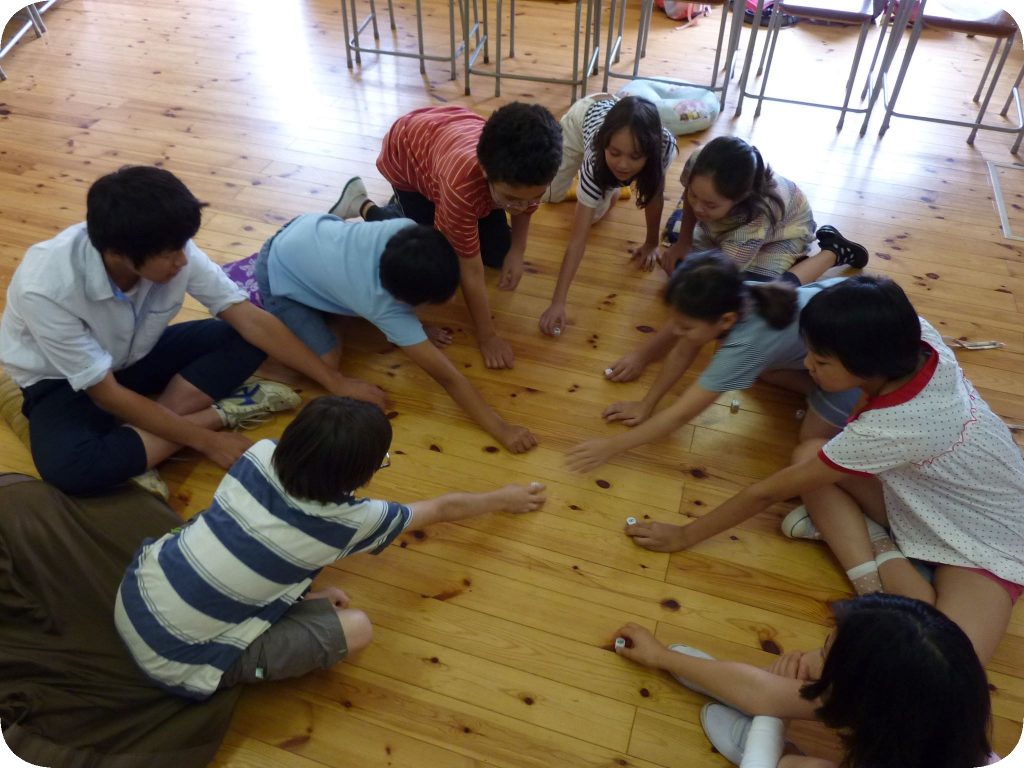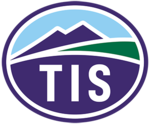
The first step in the admissions process is to determine whether or not your child is eligible to attend Tsukuba International School.
Pledge of Non-Discrimination
Tsukuba International School is an equal opportunity educator and employer. We will not discriminate against any student, prospective student, employee, or job applicant on the basis of race, color, gender, nationality, national origin, age, religion, creed, disability, sexual orientation, gender identity or gender expression. We will take measures to ensure against such discrimination in all of our services and practices.
Age of Student
Tsukuba International School accepts students from age 3 to Grade 10. Students entering the preschool must be 3 years old, fully toilet trained (meaning able to go to the toilet without assistance or special equipment), and able to separate from their primary caregivers in order to be eligible for admission.
| Students born between January and December of this year… | …will be placed in this grade for September 2023 to June 2024*. |
| 2020 (age 3) | Pre-Kindergarten 1 (P1) |
| 2019 (age 4) | Pre-Kindergarten 2 (P2) |
| 2018 (age 5) | Kindergarten (K) |
| 2017 (age 6) | Grade 1 |
| 2016 (age 7) | Grade 2 |
| 2015 (age 8) | Grade 3 |
| 2014 (age 9) | Grade 4 |
| 2013 (age 10) | Grade 5 |
| 2012 (age 11) | Grade 6 |
| 2011 (age 12) | Grade 7 |
| 2010 (age 13) | Grade 8 |
| 2009 (age 14) | Grade 9 |
| 2008 (age 15) | Grade 10 |
| 2007 (age 16) | Grade 11 |
| 2006 (age 17) | Grade 12 |
*This age requirement may be waived for transfer students who have completed at least one term of school elsewhere. In that case, the grade placement will be decided as above at the time of the interview, but may be reconsidered in light of the student’s history and ability.
Waiting Pools
Many of our classes have waiting pools. Please contact the school for details.
Student’s Knowledge of English
All of our subjects are taught in English, with the exception of Japanese language classes. Our school provides an English language immersion programme. Students’ English proficiency is assessed during the initial interview.
Students entering the younger years of the Primary Years Programme (e.g., pre-kindergarten to Grade 4) are expected to have some knowledge of English. They do not have to be proficient in English upon entry as it is expected that these students will gain fluency through exposure to the language in the educational context. In the final year of the PYP (Grade 5) and in all grades of the Middle Years Programme (Grades 6 to 10), students are expected to have functional English at or near grade level in order to be able to keep up with the demanding academic programmes that we provide.
The following is a basic guideline for families to gauge whether their children are likely to be able to enter our Middle Years Programme (which starts at Grade 6) or Diploma Programme (which starts at Grade 11) based on their English language ability.
- Entry to Grade 6 – Approximately Eiken Pre-2 or higher (英検準2級以上)
- Entry to Grade 8 – Approximately Eiken 2 or higher (英検2級以上)
- Entry to Grade 11 – Approximately Eiken Pre-1 or higher (英検準1級以上)
Parents’ Knowledge of English
In order to honour the obligation to cooperate with the school in the child’s education, at least one of the parents should be capable of communicating with the school staff in English. Full fluency is not required, but the parent must be willing to try to communicate in English. If parents have the attitude that “English is too hard”, they will not be able to model a positive attitude towards English for their children.
Special Educational Needs (SEN)
The school is committed to developing its capacity to offer inclusive education to all students, including those with special educational needs (SEN). To that end, it is important for parents to inform the school of any previously identified special needs when registering their children at Tsukuba International School.
However, it must be recognized that, due to the size of the school, the number of staff members, and/or the resources available in the school and local community, the school may be unable to meet the needs and requirements of some students with SEN. If, after considering all available options, and the best interests of the child and those already enrolled at the school, it is deemed that Tsukuba International School is unable to meet the needs of a registering child, then a place on the roll will not be offered.
Admissions Discretion
Tsukuba International School is a private institution and, consistent with legal requirements, reserves the right to accept or reject any application at its discretion at any stage of the application process, and will not publicly disclose the reasons for its decisions. This practice allows the admissions committee to consider a broad range of factors contributing to a student’s potential fit and success in the school, while maintaining the confidentiality of the committee’s deliberations.

